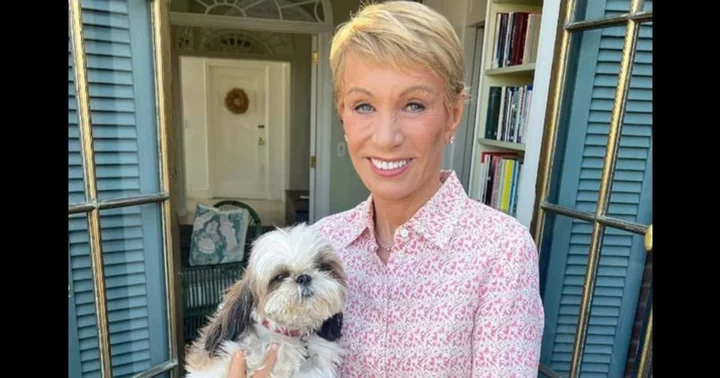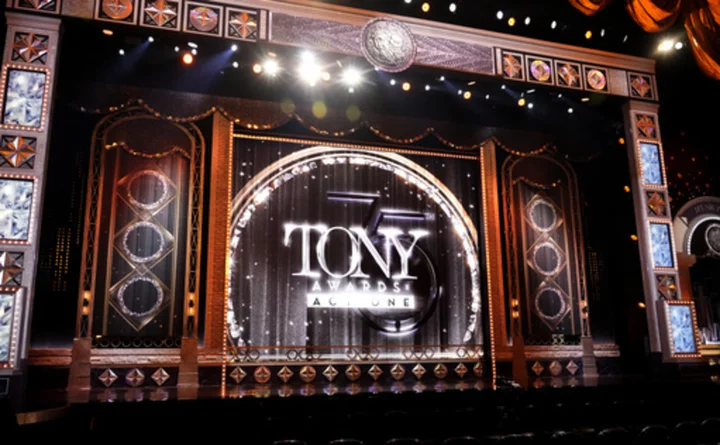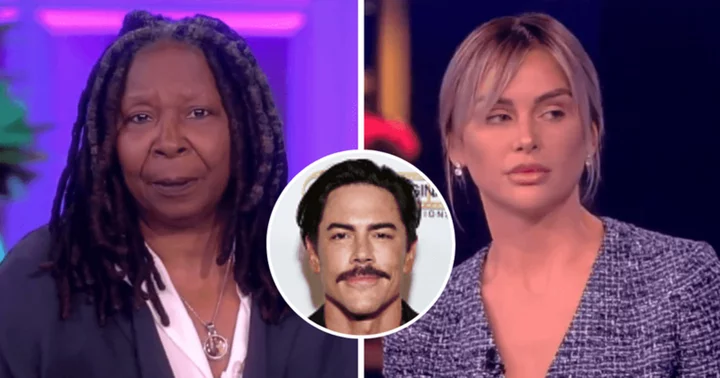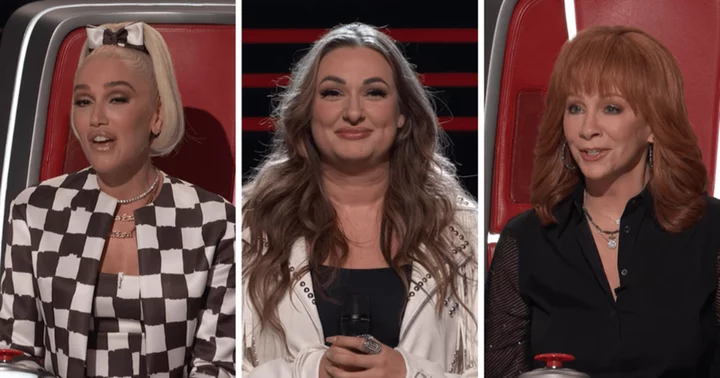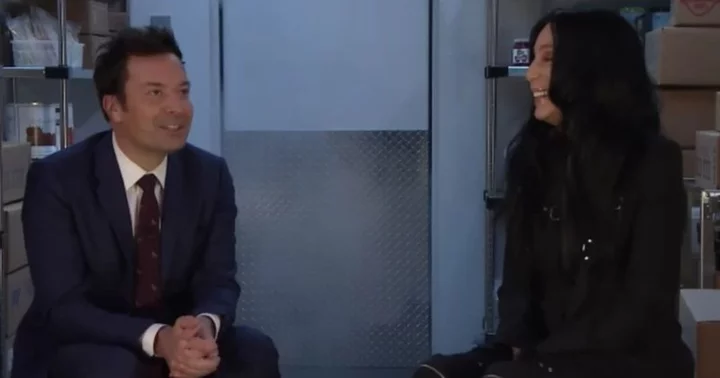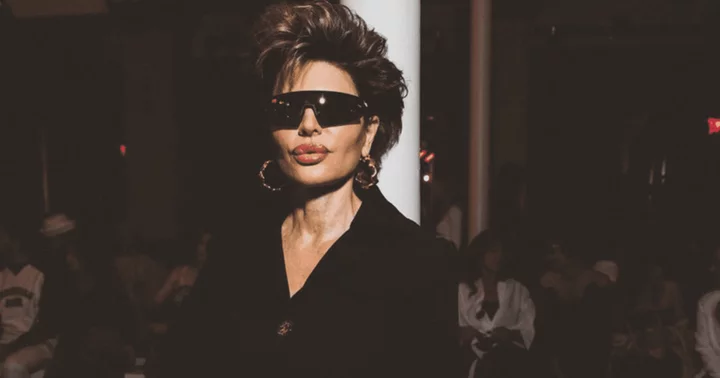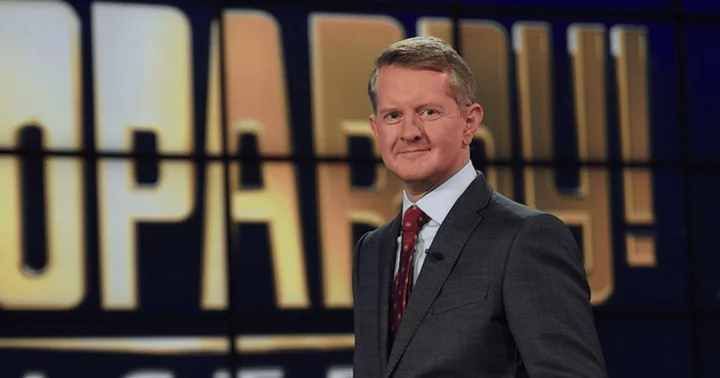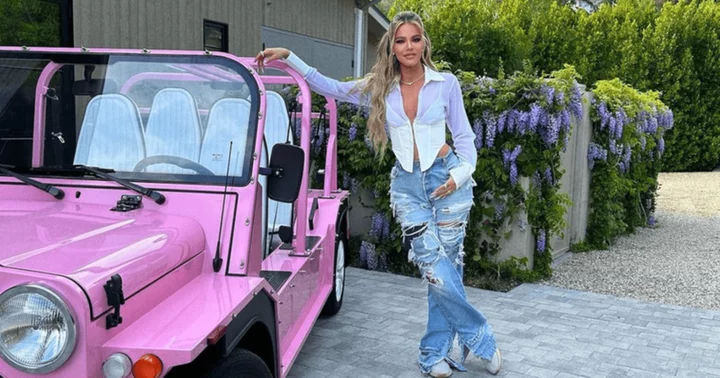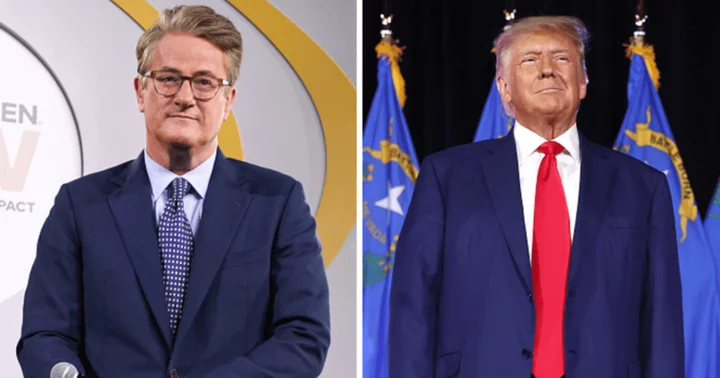LOS ANGELES, CALIFORNIA: The "sharks" on 'Shark Tank' have profited handsomely from some of their ventures, and entrepreneur Barbara Corcoran's investment in one particular product was by far the most successful. In a recent interview with podcaster Daniel Mac, Corcoran was questioned about her most successful investment. At that point, she shared how one deal had brought in nearly half a billion dollars for her in just three years, a significant return on her initial $50,000 investment.
The billionaire real estate investor was asked which bet she made on the ABC programme that ended up being the most successful, and she responded without hesitation: The Comfy, the warm wearable blanket that was initially introduced in a Season 9 episode. Corcoran added that the invention "made me $468 million dollars in three years," as per TVLine.
Who created the original Comfy?
The Comfy and Snuggie are similar in that the former is a loose sweatshirt that doubles as a blanket and Snuggie acts more like a blanket with sleeves. The Comfy was originally created by brothers Michael and Brian Speciale and was pitched on 'Shark Tank' in 2017. Corcoran then made an offer of $50,000 for a 30% ownership in the Comfy, while another "shark" Robert Herjavec made a $50,000 offer for a 50% stake. In the end, the Speciale brothers chose Corcoran's offer, and all three went on to reap enormous profits when the Comfy entered the market.
It seems a good investment at almost a 10,000x return on her money, but Corcoran stated, "Don’t worry. I’ve lost on so many others." And it's safe to argue that it is definitely "a good investment," as Corcoran stated, to summarize what happened with The Comfy investors.
The Comfy gained popularity shortly after appearing on 'Shark Tank.' Corcoran assisted in the brand's online promotion, which was taken up by well-known influencers and entertainment websites including LADBible, a social media platform based in the UK. She also made connections between the Speciales and salesmen and marketers, which helped put The Comfy on the shelves of stores like Target and Costco. According to the Speciales, The Comfy achieved $20 million in sales by the end of its first full year of operation in 2018.
What happened to The Comfy now?
The brothers, who had no prior retail expertise, entered the tank with simply a prototype, making their venture a risky investment as the product hadn't even launched at the time. Nevertheless, The Comfy rapidly established itself as one of 'Shark Tank's most popular and well-known businesses, making millions of dollars in sales through outlets like Amazon and Target. According to Michael Speciale, The Comfy reached $43 million in 2019 and $65 million in 2020 in revenues, respectively.
However, nothing was as comfy as it appeared, and any early success started to fall apart in the summer of 2021. The Comfy saw stable growth for a few years before 2021 when the company started to experience significant financial problems. Cozy Comfort Company, as it is known, was almost destroyed by a string of bad, potentially risky financial choices, supply chain problems, and conflict between company leaders. Corcoran and Brian Speciale have both since left. Later Corcoran sold out when everything started to fall apart. Now, the brand's co-founder is working to pay off debts and revitalize the brand.
Cozy Comfort's authorization to import was halted, and its customs bond was raised by almost $1.6 million by the US Customs and Border Protection agency. It was unable to remove its 1.5 million units from Chinese warehouses because it was unable to pay the increased amount. Michael earlier claimed he requested a note of credit from Corcoran in the summer of 2021 to settle the cost of the products, but she turned him down.

